
Higher than Angels
Our job is to do exquisite things with the most mundane and crass raw material; extreme heat and pressure applied on a simple carbonic rock yields a diamond…

Allow me to share a parable from the future with you:
A rich businessman from Monte Carlo heard that Mashiach arrived in Jerusalem. He thought to himself, what could be better than to get on a plane to Israel, bring a unique gift to Mashiach, and receive a blessing from him? He picked up the phone and began moving worlds. He ordered a two 50-meter rolls of the most expensive Japanese silk. He hired the world’s foremost silk-screen specialist to print the entire Five Books of Moses – the Torah – in an original ceremonial scribal font on the silk. He then ordered two hand-carved mahogany rollers to wind the printed silk Torah scroll on, and a diamond-studded gold-embroidered black-velvet Torah cover.
The businessman was sure that this would be Mashiach’s favorite Torah scroll. After all, what other Torah  scroll costs four-hundred thousand dollars?
scroll costs four-hundred thousand dollars?
Mashiach loved the gift; he promised that the scroll would be given a place of honor in the National Judaica Museum. The businessman was affronted. He expected this to be the main Torah scroll in the Holy Temple. But, not only would it not be read in the Holy Temple, the elaborate Torah scroll of silk wouldn’t even be read in a neighborhood shtiebel.
“What could be better than my Torah scroll?” the businessman asked.
Mashiach said, “Come, I’ll show you.”
Mashiach opened up the portable aron hakodesh, the modest shellacked hardwood ark that goes with him everywhere. Inside was a cloth-covered, hand-written Torah scroll written on parchment that was produced from the skin of cattle. “This Torah was hand-written over twenty years by a poor Torah scholar. He devoted an hour a day to writing this scroll with unbelievable dedication and holiness in my behalf, praying that it would be ready by the time Hashem revealed me and my arrival.”
The businessman turned up his nose. “Honored Mashiach, you prefer a Torah scroll made out of animal skin to the one of Japanese silk that I gave you? Have you ever seen a hide-tanning factory? It stinks to high heaven – oh, hmm, please excuse the expression, Honored Mashiach. Our shoes are made from leather! Who would have the gall to give the Mashiach a Torah scroll printed on a smelly animal hide?”
Mashiach smiled with patience and understanding. “That’s exactly what Hashem wants. According to religious law, the hides must be processed by hand and dedicated for the sole purpose of holy writings. Even the most exquisite Torah scroll written on anything other than klaf, properly-processed animal-hide parchment, is not Halachically acceptable. This is what Hashem wants. We don’t argue with Divine will.”
* * *
We learn a very deep lesson in life from the fact that mezuzot, tefillin, and Torah scrolls must be written on specially processed animal hides, sanctified for the express purpose of serving as klaf, parchment for these holy writings.
The Gemara requires that in Israel, a burskai, an animal-hide processing plant, be built on the eastern outskirts of town, because the prevailing winds come from the west. Our sages admit that the odor of the hide preparation process is hard to stomach…
And this is what Hashem wants?
Yes.
So don’t say what one young man searching for himself told me: “Hey, Rabbi – how can someone as messed up as me learn Torah? Do you know what I did in university? Do you know the “sewers” of booze and drugs that I’ve been down, not to mention the girls…”
A young lady made an appointment with me the last time I was in the USA. “Rabbi, do you know how many boyfriends I’ve been through? If I were to use my kinky mouth to say a blessing over Shabbat candles, Hashem would be nauseated.
They’re both wrong.
Hashem decided that these two young people need to grow up in the fast lanes of North Miami and LA. Hashem knew full well what they’d do and how they’d party. And yes, Hashem wants their “malodorous” hides to be cleansed, processed, and uplifted and sanctified as living Torah scrolls who learn Torah, raise upright families and observe His commandments.
A person might see himself as an animal, but don’t worry – that’s fine. It takes an animal to produce a Torah scroll. By refining the animal within us to serve Hashem, we are all living Torah scrolls, higher than the angels.



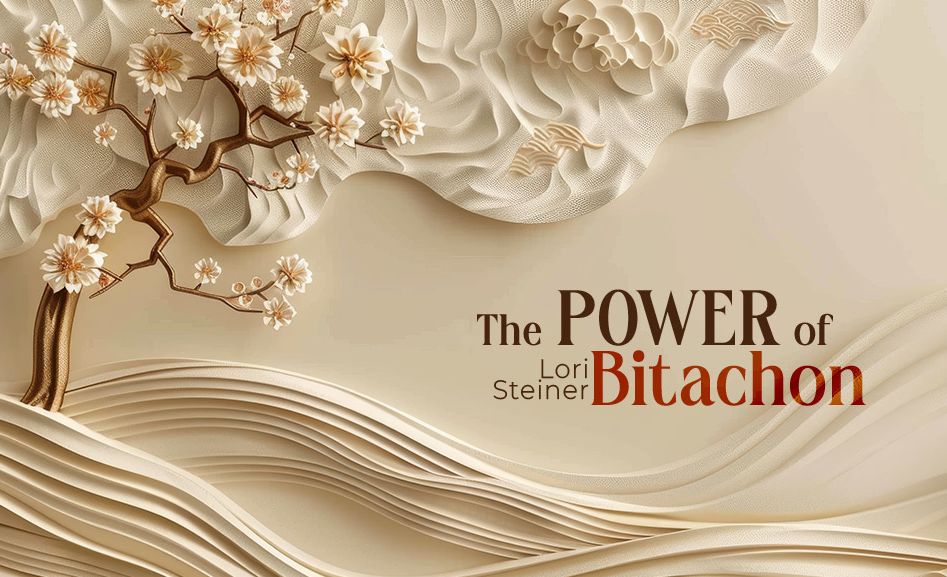


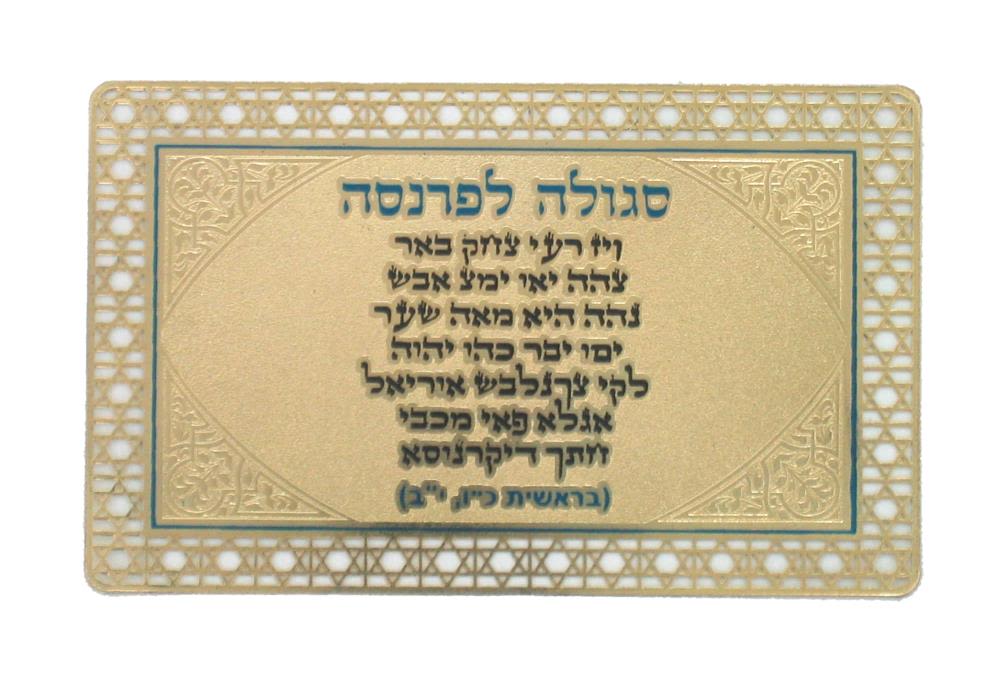
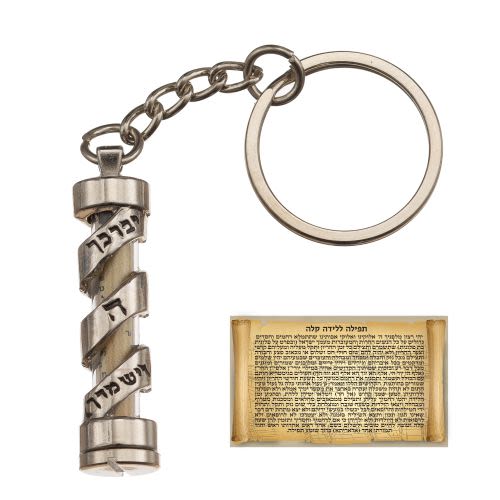
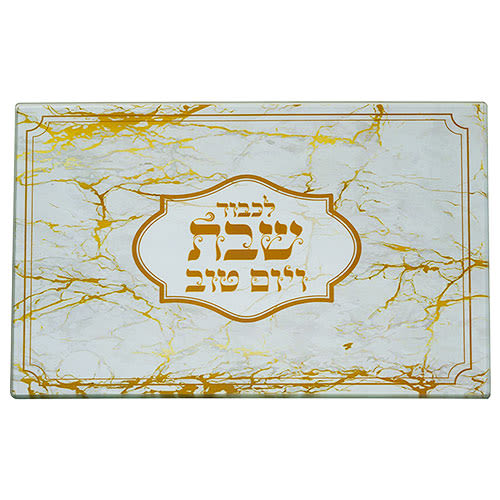
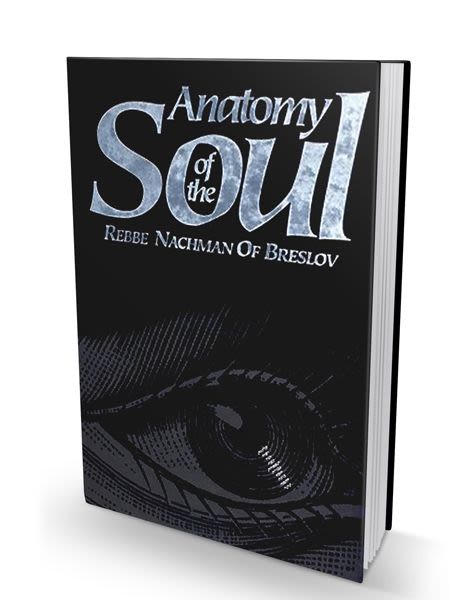
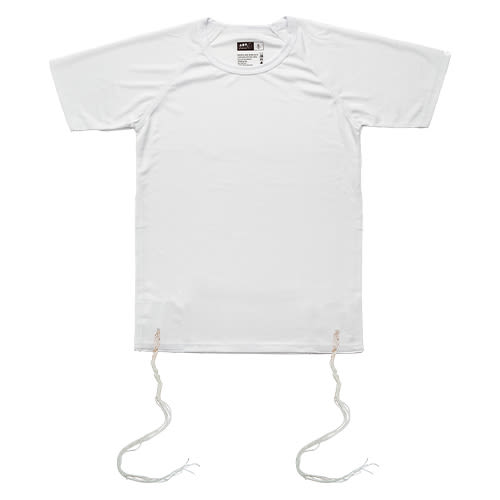
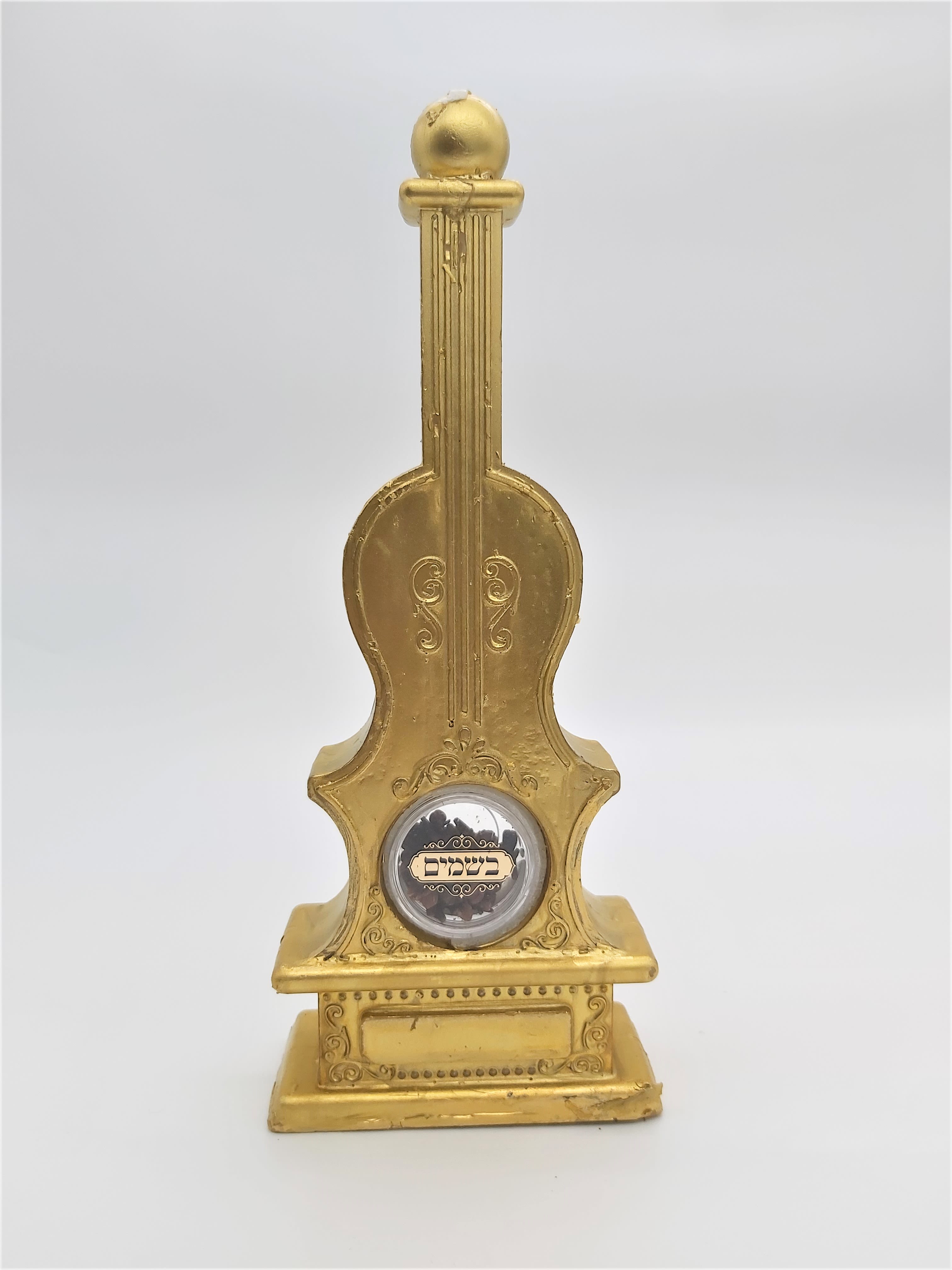
Tell us what you think!
Thank you for your comment!
It will be published after approval by the Editor.